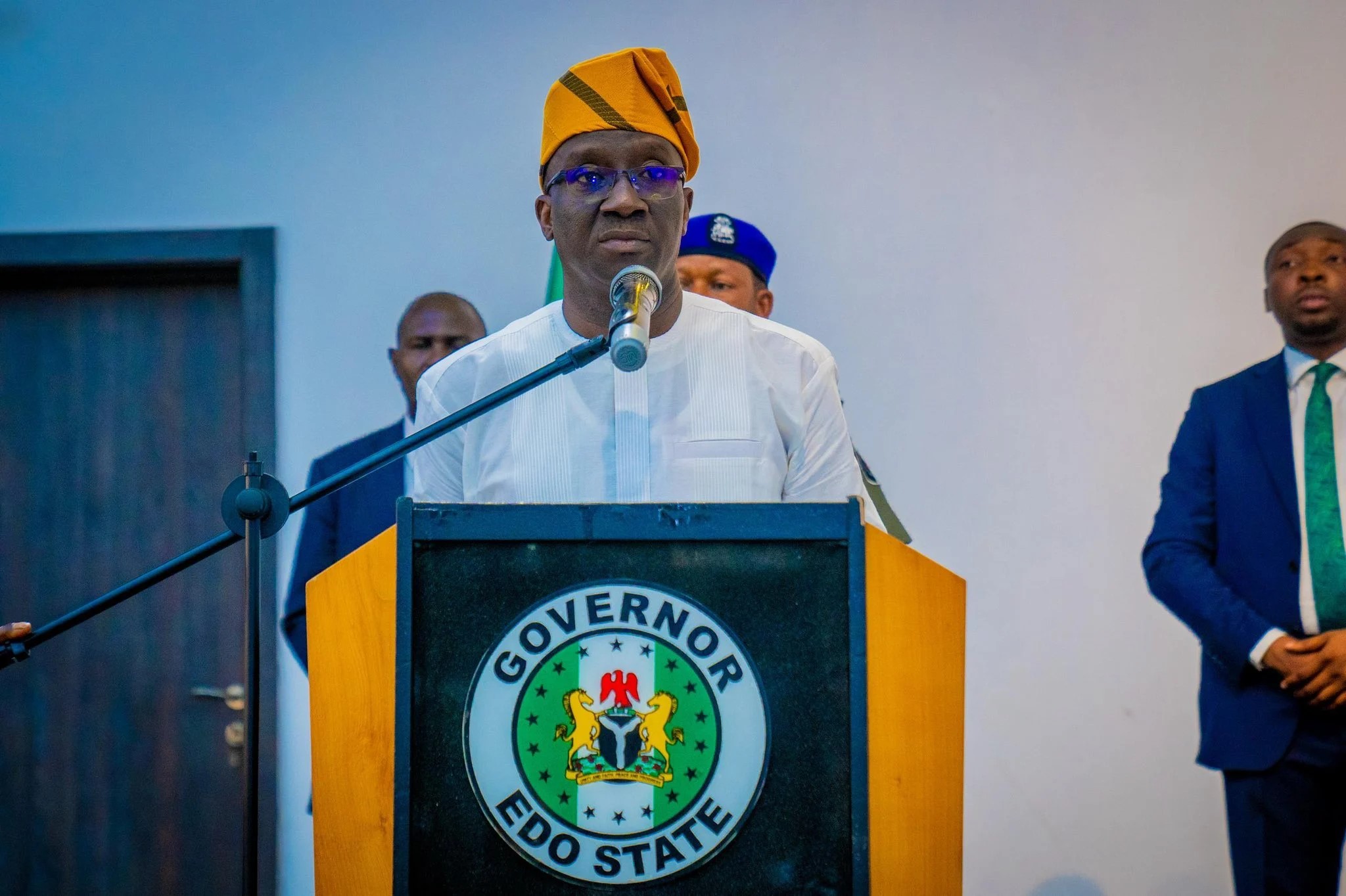
The Federal Government on Tuesday inaugurated the revised National Employment Policy (NEP) in Abuja as part of efforts to build a more productive and employment-driven economy. The newly launched policy is aimed at promoting full employment as a national objective and improving the quality of jobs available in Nigeria’s labour market.
The NEP was developed in collaboration with the International Labour Organisation (ILO), the Swiss Agency for Development and Cooperation (SDC), and the German Development Cooperation (GIZ). It is designed to address key employment challenges, including high youth unemployment, underemployment, gender inequalities, informal work, and regional disparities across the country.
While unveiling the policy, the Minister of Labour and Employment, Mr. Muhammad Dingyadi, described it as a renewed vision that supports inclusive growth, equity, productivity, and sustainability in Nigeria’s labour landscape.
He said, “The review of the National Employment Policy became necessary due to the persistent challenges we are facing. These include high youth unemployment, underemployment, gender disparities, informality, and regional inequalities.”
Dingyadi also noted that global issues such as automation, climate change, and digitalisation are already reshaping the world of work, further justifying the need for a revised employment strategy.
He explained that the NEP 2025 is not merely a document of intent, but a strategic tool that is aligned with Nigeria’s National Development Plan (2021–2025), the African Union Agenda 2063, and the ILO’s Future of Work Initiative. According to him, the policy also reflects President Bola Tinubu’s Renewed Hope Agenda, demonstrating the government’s commitment to inclusive growth and job creation.
The minister said the policy will promote decent work, support the transition of informal businesses into the formal economy, improve employability, and harness opportunities in emerging sectors such as the digital economy, green economy, blue economy, and orange economy.
He added that the revised NEP contains measurable indicators and practical guidelines for implementation, with a clear focus on youth, women, and persons with disabilities.
Dingyadi also emphasised the role of the National Employment Council in coordinating the efforts of different government agencies to prevent duplication of efforts and ensure efficiency.
He called on state governments to domesticate the policy and align their employment strategies with the national vision. According to him, “Job creation is a shared responsibility.”
He also encouraged the private sector to invest in employment-rich sectors and support skill development and workplace innovation, while appealing to development partners for sustained technical and financial backing.
Speaking on behalf of the Nigeria Labour Congress (NLC), Mr. Eustace James, NLC’s Focal Person on Migration, who represented the President of the NLC, Mr. Joe Ajaero, said that employment is fundamental to human dignity and national development.
“Nothing is more important for working people than being decently engaged. Employment guarantees wages and economic inclusion,” James said. He added that the NLC actively participated in the policy review and has pledged to support its implementation.
Also speaking, Mr. Austin Erameh, the ILO representative, described the policy as a timely and much-needed intervention to tackle unemployment, underemployment, and the mismatch between skills and labour market needs.
He said, “It provides a progressive framework to improve wealth creation, ensure decent wages, and enhance the well-being of Nigerians.”
In her remarks, Mrs. Adenike Adebayo-Ajala, who represented the Director-General of the Nigeria Employers’ Consultative Association (NECA), Mr. Adewale-Smatt Oyerinde, said the policy represents a major step towards aligning Nigeria’s labour market regulations with global best practices and national development goals.
Ms. Rachel Schipper, who represented GIZ at the event, disclosed that the development of the revised NEP took more than two years, involving extensive consultation and technical review. She said the policy was approved by the Federal Executive Council on May 19, 2025.
She added, “It provides a clear, actionable framework for addressing systemic employment barriers, from skills gaps to green and digital economy opportunities.”
The revised National Employment Policy is expected to guide employment-related initiatives at all levels of government, while encouraging active collaboration with the private sector to create more inclusive and sustainable jobs for Nigerians.












